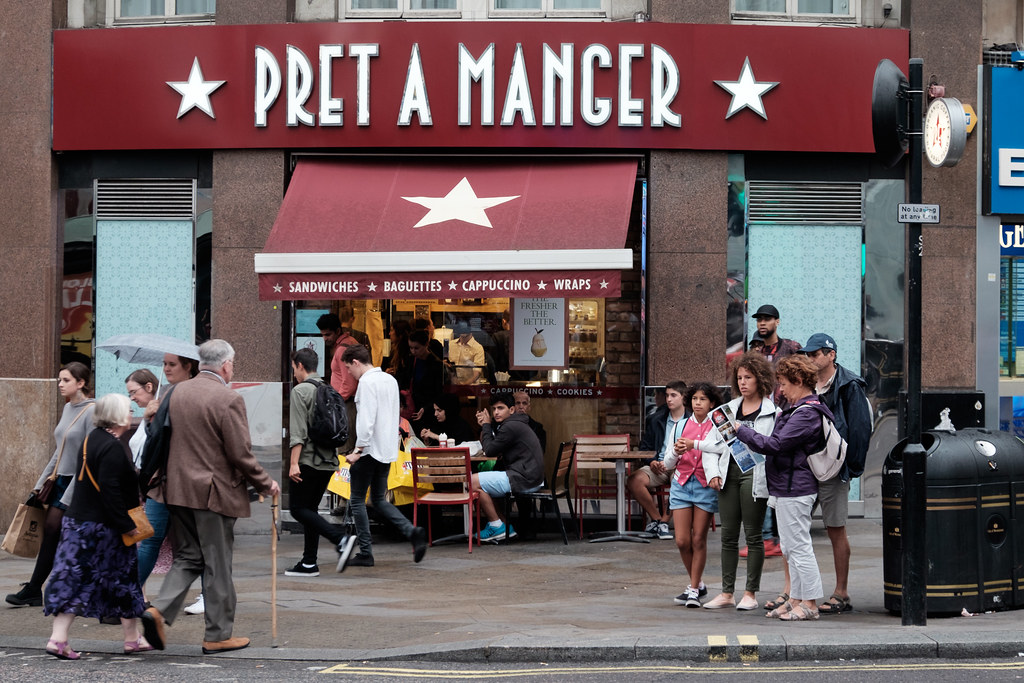
What constitutes a good business and what is the purpose of business are longer-term questions of interest that generate a great deal of debate and observation and upon which CEME will be publishing a fuller reflection later in the year.
The COVID-19 crisis has brought to the fore multiple examples of business acting responsibly and for the common good as well as numerous cases of what seems to be unseemly, unhelpful or perhaps even immoral behaviour. I am not in this piece going to ‘name names’ though it has to be said that there are some regular entrants into the rogues’ gallery. Rather I want to reflect on how a business decides to act in a certain way and what this tells us about the long-term understanding of business purpose.
The sorts of behaviours which have been reported include the following. First, the negative:
Second, the positive:
Many things could be said in respect of both the positives and the negatives. For example (and please don’t misunderstand me, I am no more in favour of exploitative pricing on the needy than anyone else) panic buying of toilet rolls in the market can be controlled by increasing the price. Similarly, no amount of government intervention can save every small business or every job. Even with wage support there is still rent, utility, distribution and other administrative costs to bear.
Most of us would prefer to support and be associated with companies in the second list rather than the first.
What I really want to explore is why a company might respond in one way or another.
First, a company that recognises that its purpose is to provide goods and services into the economy, at profit, but to satisfy needs and wants will find itself in the second, positive list. This is so because when a crisis hits the natural instincts of a business enterprise with this outlook is to deploy the maximum imagination, ingenuity, creativity and innovation to deliver the necessary goods to its customers. If its customers no longer want tractors but ventilators, then production will be changed. Now, of course, this switch and the need for it is heightened during a time of national emergency and concentrated into a much more restricted timescale. In order for this natural instinct to produce what is wanted to be most effective it needs to be combined with a second.
Second, a company whose leadership and management are explicitly aware of the naturally implanted instincts in the heart of compassion for the welfare of others will also find themselves in this second group. Adam Smith referred to this as ‘the moral sentiments’ Company leadership will thus be acutely aware of human dignity, social need and the welfare of others in the community. Consequently, these firms will wish to give a priority to the welfare of both those that work for them and the communities of which they are part.
What leads to a company finding itself in the first group, the negative characteristics? Of course, on one level it is the converse of what we have talked about above. Perhaps a motivation driven by ‘rent extraction’ rather than producing goods and services? Maybe such a lack of awareness and, indeed, self-awareness that a care for other people does not feature in the same way. To be more explicit, some combination of greed and selfishness.
Some small businesses may find themselves displaying certain of the negative characteristics through no fault of their own; they may simply not be able to carry on. That might mean wages cuts, lay-offs or even closure. This is tragic, of course, but we should be discerning before condemning. However, the customer is indeed king. We can choose where to buy our consumer goods, essential items, leisure activities and business supplies. Surely many of us would want to support local business, respond to the innovative and creative, and buy our goods and services from those who have the same compassion for their workforce and indeed their fellow citizens as I hope we all do.
The point is not the market economy is perfect in every respect or that there is no role for government action and intervention in the circumstances of a national emergency. Rather the observation is that by and large the resources of the market economy will be deployed for good in these circumstances but that the true motives of business leaders will also be exposed, for good or ill, and we can respond accordingly.
For the longer-term discussions about business purpose we should at least reflect that the good moral behaviours of business in this crisis (the second group of characteristics) did not need names like ‘inclusive capitalism’ or ‘conscious capitalism’ rather simply the market economy operating as it should accompanied by the moral sentiments of compassion in the hearts of all.
 Dr Richard Turnbull is the Director of the Centre for Enterprise, Markets & Ethics (CEME). For more information about Richard please click here.
Dr Richard Turnbull is the Director of the Centre for Enterprise, Markets & Ethics (CEME). For more information about Richard please click here.